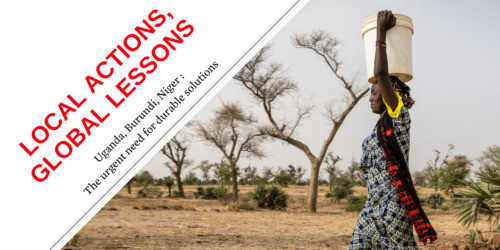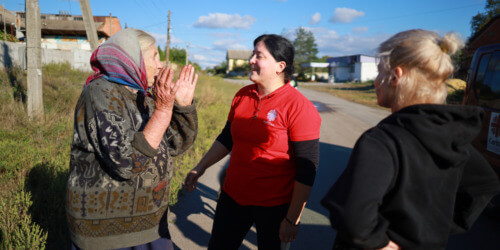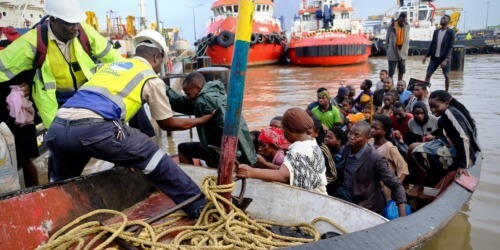This report was co-written by Jean-Michel Lafleur and Abdeslam Marfouk of the University of Liège in partnership with Caritas international. It is based on an in-depth study of the available data and Caritas first-hand knowledge and offers concrete ways to answer this fundamental question: How and under what conditions do migrants contribute to their own development as well as to the integral human development of their countries of destination an origin.
“The myths surrounding the “welfare magnet” have led to inadequate policies, particularly in the area of reception, which then hinders the development of migrants and refugees and limits their contribution to the destination countries,” commented the authors. “However, when migrants and refugees are welcomed and they face less obstacles, all actors benefit: the migrant person, the host society, and even the country of origin.”
Everyone wins
This report highlights the significance of activity and creativity among the migrant population in Belgium. Immigrants are indeed an important labor source and they stimulate the Belgian economy through their consumption and entrepreneurial spirit. Transfers of personal funds show their economic contribution to their country of origin: migrants in Belgium sent 4.16 billion euros abroad in 2017, and Belgians living abroad sent 9.429 billion euros to Belgium. Nor should we neglect the ‘social transfers’ which refer to norms, values or practices which can transform mentalities and behaviors of both the societies of origin and destination.
YET CONTRADICTORY POLICIES PERSIST
“However,” the authors add, “we see the persistence of inadequate legislation, contradictory policies and many practices and behaviors that impede the contribution of migrants. These obstacles include barriers to affordable housing, employment, administrative challenges, and discrimination.” The report concludes by listing a series of recommendations including, among other things, increasing safe and legal pathways, the establishment of a quality reception service for applicants and beneficiaries of international protection, and the adoption of policies ensuring better inclusion of migrants; especially in the labor market since the limited access of immigrants to employment is the main determinant of the economic contribution of migration to Belgium.
“With this report, we wanted above all else to emphasize the importance of respecting human dignity,” explains Elise Kervyn of Caritas International who contributed to the publication. It is only by respecting the dignity of all migrants that they can then flourish and become an integral part of society. This is an essential condition if Belgium wants to become a more just, supportive, and sustainable society.
















